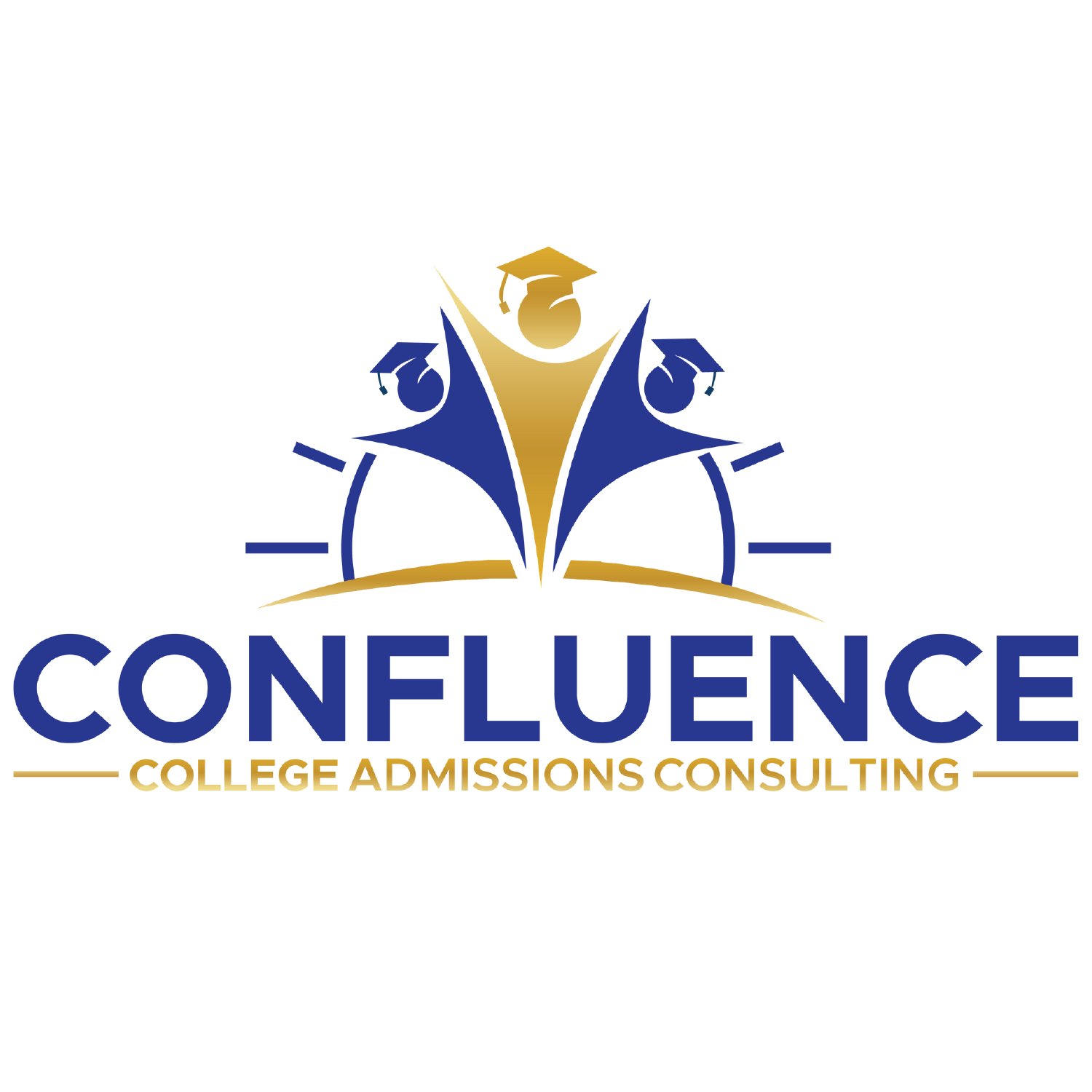HBCUs and STEM education
In honor of Black History Month, I’d like to take this opportunity to discuss the role of HBCUs (historically black colleges and universities) in advancing science, innovation, and technology. The increasing number of African Americans studying and working in STEM fields is revolutionary. Largely due to the efforts of the country’s HBCUs, African Americans are entering their STEM degrees better equipped to thrive in college, graduate, and find successful careers.
Despite recent progress, the statistics concerning African Americans in STEM fields show a clear need for growth. Black and white students across the country pursue STEM degrees at similar rates, but black students struggle to achieve comparable representation in degree attainment.
A large part of preparing first-generation, low-income black students for success in STEM is providing the resources and guidance that they often lack before enrollment in college. Many black high school students lack access to the educational resources needed to prepare them to earn STEM degrees. The U.S. Department of Education reports that, among public high schools serving predominantly African American students, less than one-third of schools offer calculus and only about 40% offer physics. African-American students represent 16% of the country’s high school students, yet only nine percent of them take an advanced placement course. It is for these reasons, among others, that many disadvantaged black students are not prepared to pursue and succeed in a STEM degree in college.
The nation’s HBCUs help to address this need. Twenty-five percent of African American graduates with STEM degrees come from HBCUs. Eight HBCUs are among the top 20 institutions to award the most science and engineering bachelor’s degrees to black graduates. HBCUs are the institution of origin among almost 30% of black graduates of science and engineering doctorate programs. The reason HBCUs have such success with their STEM majors is because they understand the unique needs of their students and dedicate resources to remediating skills students may not have learned in high school.
To take one example, Jackson State University in Mississippi features a special summer program called “Bridge to the Future” for incoming freshmen in the College of Science, Engineering, and Technology in order to help students prepare for a successful college career. In this program students have access to benefits such as housing, books, meals, field trips, and mentoring. They also have an initiative, “First in the World,” which aims to improve STEM graduation rates. They’re achieving this through more research opportunities for students and support throughout their studies if they’re struggling. In 2022, JSU was awarded a $3.6 million grant from the National Science Foundation in order to study the impact faculty perception has on student success in STEM fields.
Increasing the number of black STEM graduates is good for science, innovation, and technology in many ways. Many of these graduates return to their home communities and work to improve opportunities there for health care, information technology, and education. They contribute to their fields with new discoveries in scientific research and engineering. And they set an inspiring example for future generations of black Americans to follow.
If you are recruiting people for STEM-related careers, or if you are an African-American student looking for a college or university to help support your career goals, HBCUs are a great place to start. If you’d like to learn more, sign up for a free consultation with me today!
